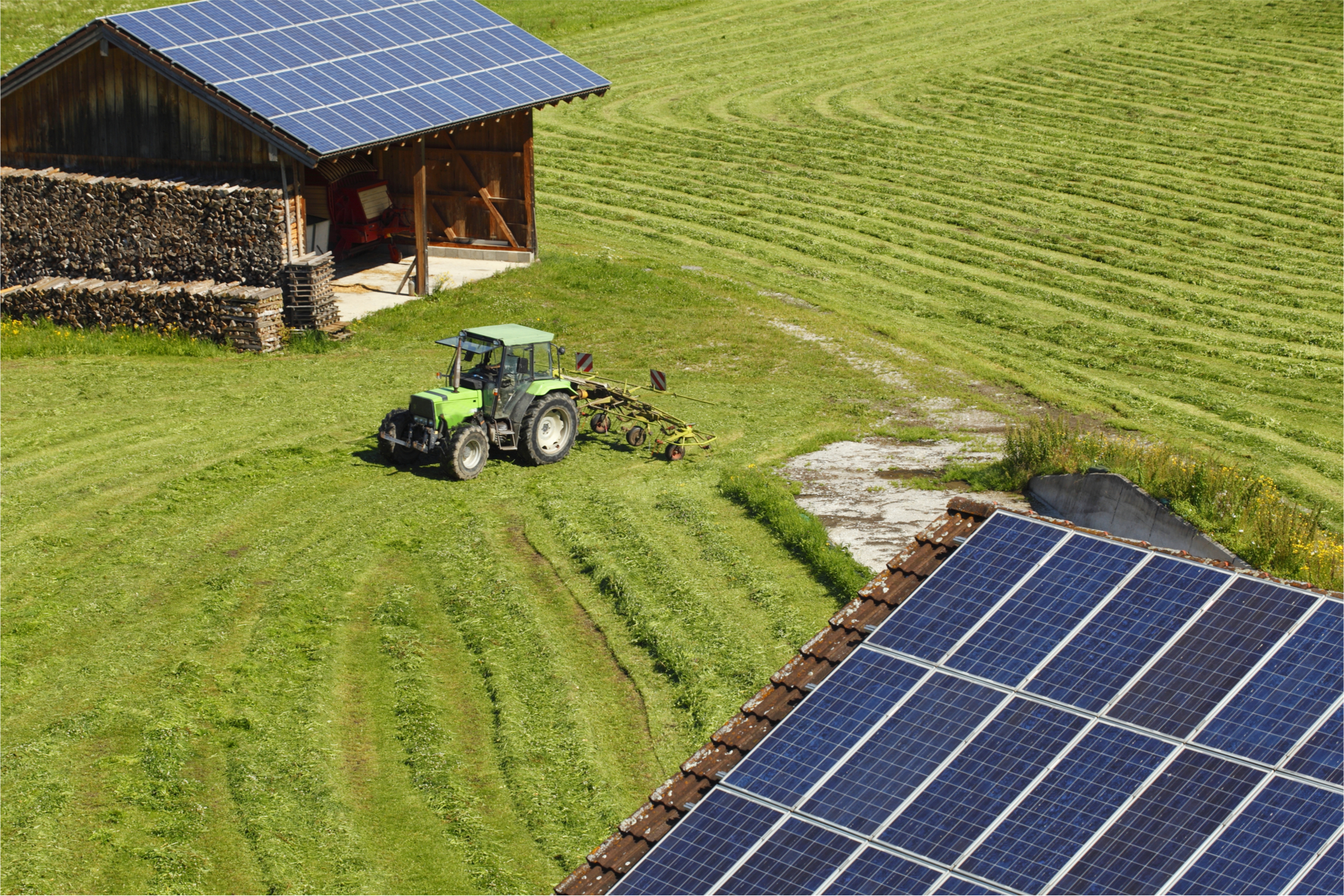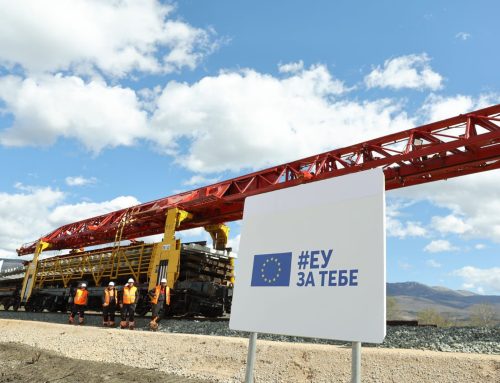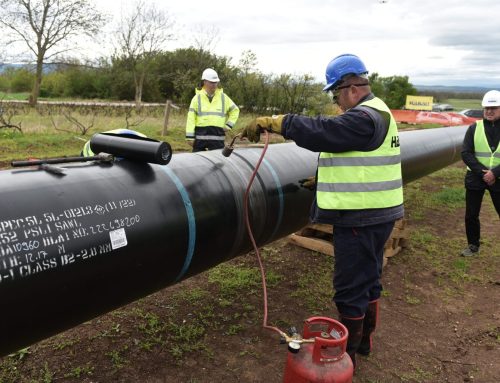Rural tourism is experiencing significant growth in Serbia and Europe alike. People are increasingly opting for shorter vacations, searching for new experiences, returning to nature and reviving local traditions and cultural-historical monuments. The importance of rural tourism is multi-faceted and is primarily reflected in the preservation of the natural environment and culture of a particular locale and in improving the socio-economic image of a specific rural area. It is determined by the beauty of the landscape, heritage, culture, rural activities, and the life of the local population.
We discussed trends and opportunities in rural tourism as part of this year’s Days of Tourism event in Niš, organised by the Tourist Organization of Niš. Trends and development opportunities in rural tourism were the topic of the panel discussion hosted by the EU Info Point Niš, the Tourist Organization of Niš and the Regional Development Agency RDA South.
Lidija Aćimović is the head of the Group for programming measures to improve the quality of life in rural areas and within the Ministry of Agriculture, Forestry and Water Management. She is also responsible for the work of the IPARD Program Management Department.
Currently, the Rulebook for Measure 7 is being developed, laying out measures for the diversification of agricultural holdings and business development for accreditation within the IPARD 3 program. Aćimović expects the first public call for Measure 7 to be announced next year. During the panel discussion, she explained why this was important for developing rural areas in our country.
According to her, IPARD 3 program is supposed to be expanded with another two sectors: the small-scale service sector and the sector of direct marketing of agricultural products, foodstuffs, and handicrafts.
“These sectors imply investments in facilities for marketing of agricultural and food products, as well as the facilities for non-agricultural activities. Potential beneficiaries will be allowed to apply for funds aimed at constructing and equipping those facilities in rural and urban areas,” said Aćimović, stressing the opportunities the program will bring to rural residents.
Projects that “reach out” to the people
IPARD 3 program is best promoted by its beneficiaries. Katarina Ranđelović is an entrepreneur from Niš. Owner of the MI-NI-CO Plus company and an IPARD beneficiary, she is implementing an investment to construct a 30-guest hotel in Sokobanja. According to her, IPARD is not merely a funding opportunity; it is also a way to rethink and adapt the whole idea to the needs of the industry.
Dušan Živković also saw an opportunity for the development of another tourist destination, only he saw it in Niška Banja, of which he is the municipal president. Živković sees a vast potential for development in the municipality with 16 villages and two nature parks, while local action groups engaged in community development see an opportunity to develop the best solutions for the community. The Leader approach makes this possible by allowing the best practices to shape the municipality’s development. According to Živković, Leader offers the local population a way to engage the local population in developing strategic documents and the implementation thereof. Although these are primarily small-scale projects, they are essential for the sustainable development of rural areas.
Within its area of responsibility, the Regional Development Agency South is working to create conditions for the development of rural areas. The Head of the Agency, Dragana Stojanović, talked about the agro-tourism school and programs within the agriculture and rural development sector.
In cooperation with representatives of local self-governments, the agriculture and rural development sector of the Regional Development Agency develops a program every year, discussing the needs of local self-governments. This year, in partnership with Academy South Serbia, it organised agriculture and agro-tourism workshops and awarded teachers certificates on this topic. Within Erasmus+, they also found 15 partners from six countries with the goal of increasing the capacity of higher education institutions in the area of rural tourism development. The workshops offered practical knowledge to facilitate setting up and managing a household in rural tourism. The most important aspect of the workshop concerns the creation of an additional product within the tourist offer, such as participation in agriculture, collecting herbs and fruits, etc.
And this is precisely what rural tourism is about: building a relationship between guests and their hosts through understanding and networking.







